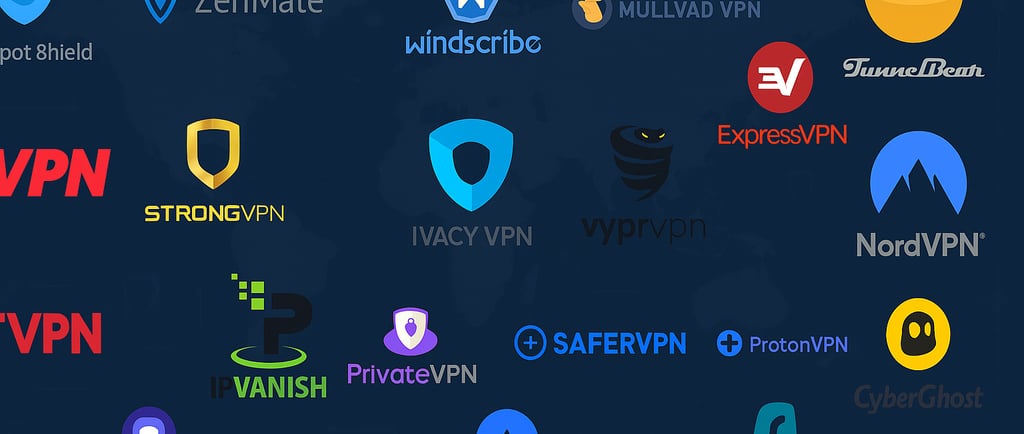VPNs vs. Proxies vs. Tor – What’s the Difference?
VPN


When it comes to protecting your privacy online, three tools are often mentioned: VPNs, Proxies, and Tor. They all hide your IP address and help you bypass restrictions, but they work in very different ways and serve different purposes. Understanding how they compare will help you choose the right solution for your needs.
What Is a Proxy?
A proxy server acts as a middleman between you and the internet. When you use a proxy, your request is routed through the proxy server, which then forwards it to the website you want to visit.
Pros: Hides your IP address, useful for bypassing region restrictions, simple to set up.
Cons: Most proxies do not encrypt your traffic, making you vulnerable to snooping. Many free proxies also log your data or slow down your connection.
Best for: Quick tasks like bypassing school/work filters or accessing geo-restricted websites without caring much about privacy.
What Is a VPN?
A Virtual Private Network (VPN) reroutes your internet traffic through a secure server while encrypting it. Unlike proxies, VPNs encrypt all of your data, not just web traffic.
Pros: Strong encryption, hides IP address, protects on public Wi-Fi, prevents ISP tracking, works for streaming and torrenting.
Cons: May slightly reduce internet speed due to encryption, premium VPNs usually require a subscription.
Best for: Everyday online privacy, secure browsing, streaming content, and protecting sensitive information like banking or work files.
What Is Tor?
Tor (The Onion Router) is a free, open-source network designed for maximum anonymity. Instead of routing your traffic through one server, Tor bounces your data through multiple volunteer-operated nodes, each adding a layer of encryption.
Pros: Provides strong anonymity by hiding your identity across several layers, ideal for avoiding surveillance and censorship.
Cons: Very slow compared to VPNs and proxies, some websites block Tor traffic, not always suitable for streaming or large downloads.
Best for: Journalists, activists, or users in highly censored countries who need maximum anonymity, even at the cost of speed.
When to Use Each Tool
Use a Proxy if you just want to access a blocked website quickly and don’t care about encryption.
Use a VPN if you want a balance between security, speed, and ease of use. It’s the best all-around solution for most people.
Use Tor if your priority is maximum anonymity, especially in situations where privacy is more important than speed.
Can You Combine Them?
Some advanced users combine VPNs and Tor for extra protection (known as “Tor over VPN” or “VPN over Tor”). While this offers stronger security, it usually results in very slow speeds and isn’t necessary for average users.
Final Thoughts
Proxies, VPNs, and Tor all help mask your digital footprint, but they are not interchangeable.
Proxies are a quick and simple fix.
VPNs are the best balance of privacy, speed, and usability.
Tor is the go-to for extreme anonymity, though it comes with significant slowdowns.
Ultimately, the right tool depends on your goals. For everyday privacy and protection, a VPN is the most practical choice. For sensitive activism or investigative work, Tor may be essential. And if you just want to unblock a website, a proxy can get the job done.